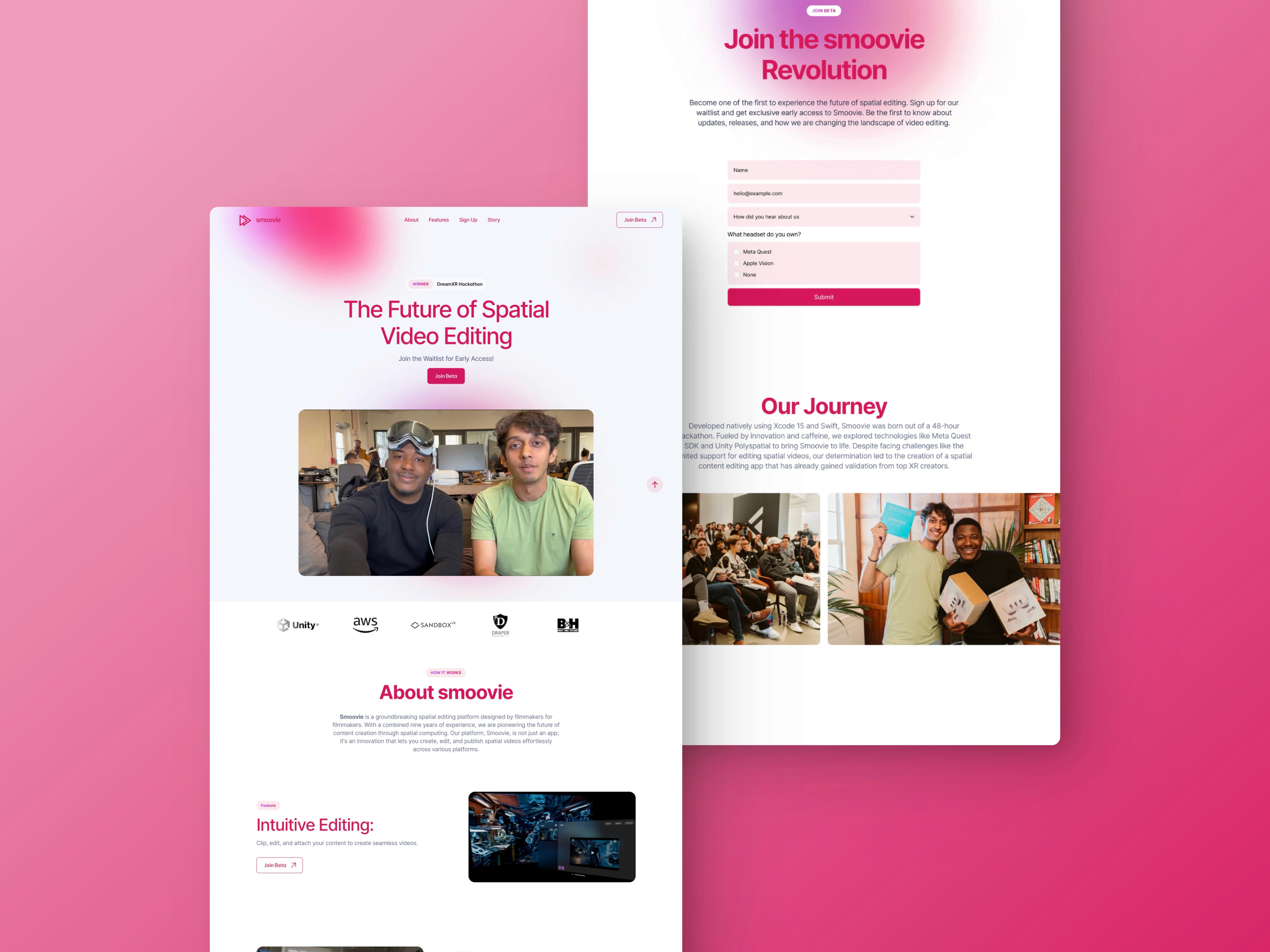Back to blog
AI Agents for E-commerce: Revolutionizing the Shopping Experience with Personalization
Understanding the Role of AI in E-commerce
The e-commerce landscape is rapidly evolving, driven by the integration of artificial intelligence (AI) and machine learning (ML) algorithms. As retailers strive to stand out in a competitive market, AI-powered agents are revolutionizing the shopping experience by offering tailored and immersive experiences. The use of AI in e-commerce has become increasingly prevalent, with many businesses leveraging its capabilities to enhance customer engagement, drive sales, and improve operational efficiency. By analyzing customer data, behavior patterns, and preferences, AI-powered agents can provide accurate and relevant product recommendations, thereby increasing conversions and average order value.
The role of AI in e-commerce is multifaceted, encompassing various applications such as product recommendations, chatbots, and virtual assistants. These AI-powered interfaces help customers with inquiries, provide product information, and facilitate seamless shopping experiences. Moreover, AI-driven analytics enable businesses to gain valuable insights into customer behavior, preferences, and purchasing patterns, allowing them to make data-driven decisions and optimize their marketing strategies. As the digital landscape continues to evolve, understanding the role of AI in e-commerce will be essential for staying ahead of the competition and driving long-term success.
Building Personalized Customer Relationships
Understanding the importance of personalization is crucial for e-commerce success. Traditional segmentation approaches may not be sufficient in today's digital landscape, as they often rely on broad demographic categories and fail to account for individual preferences and behaviors. Hyper-personalization, driven by AI and ML, enables businesses to create a customer-first experience, addressing individual needs and preferences. By analyzing customer data, AI-powered agents can identify patterns and trends, allowing businesses to tailor their marketing strategies and product offerings to specific customer segments.
The benefits of hyper-personalization are numerous, including increased customer satisfaction, loyalty, and retention. When customers feel that a business understands their needs and preferences, they are more likely to engage with the brand, make repeat purchases, and recommend the business to others. Moreover, hyper-personalization can help businesses to differentiate themselves from competitors, establish a unique value proposition, and drive revenue growth. As the use of AI in e-commerce continues to evolve, businesses that fail to adopt hyper-personalization strategies risk being left behind, struggling to compete in a market where customers expect tailored and immersive experiences.
Key Applications of AI in E-commerce
Several AI applications are transforming the e-commerce landscape, including product recommendations, chatbots, and virtual assistants. These AI-powered interfaces help customers with inquiries, provide product information, and facilitate seamless shopping experiences. Product recommendations, for example, use AI algorithms to analyze customer browsing history, search queries, and product interactions, providing users with relevant and personalized product suggestions. Chatbots and virtual assistants, on the other hand, use natural language processing (NLP) to understand customer inquiries and provide accurate and helpful responses.
In addition to these applications, AI is also being used in e-commerce to optimize supply chain management, predict demand, and prevent fraud. By analyzing historical sales data, weather patterns, and other factors, AI-powered algorithms can predict demand and help businesses to optimize their inventory levels, reducing waste and minimizing the risk of stockouts. AI can also be used to detect and prevent fraud, analyzing customer behavior and transaction patterns to identify potential security threats and prevent unauthorized transactions.
Product Recommendations and Retargeting
Product recommendations are a crucial aspect of e-commerce, as they help customers to discover new products and make informed purchasing decisions. AI-powered product recommendations use algorithms to analyze customer behavior, preferences, and purchasing patterns, providing users with relevant and personalized product suggestions. These recommendations can be displayed on product pages, in email marketing campaigns, or through social media ads, helping businesses to increase conversions, average order value, and customer satisfaction.
Retargeting is another key application of AI in e-commerce, allowing businesses to target customers who have abandoned their shopping carts or visited their website without making a purchase. By analyzing customer behavior and preferences, AI-powered algorithms can create personalized retargeting campaigns, helping businesses to re-engage customers and drive conversions. Retargeting can be done through email marketing, social media ads, or display ads, providing businesses with a range of channels to reach and engage with their target audience.
Product recommendations: AI-powered algorithms analyze customer behavior, preferences, and purchasing patterns to provide relevant and personalized product suggestions.
Retargeting: AI-powered algorithms create personalized retargeting campaigns to re-engage customers who have abandoned their shopping carts or visited the website without making a purchase.
Chatbots and virtual assistants: AI-powered interfaces help customers with inquiries, provide product information, and facilitate seamless shopping experiences.
Supply chain management: AI-powered algorithms analyze historical sales data, weather patterns, and other factors to predict demand and optimize inventory levels.
Fraud detection and prevention: AI-powered algorithms analyze customer behavior and transaction patterns to detect and prevent potential security threats.
Benefits of AI-Powered Personalization in E-commerce
Implementing AI-powered personalization in e-commerce yields numerous benefits, including enhanced customer engagement, increased conversions, and revenue growth. By providing tailored and immersive experiences, businesses can establish a strong emotional connection with their customers, driving loyalty, retention, and advocacy. Moreover, AI-powered personalization can help businesses to differentiate themselves from competitors, establish a unique value proposition, and drive long-term success.
The benefits of AI-powered personalization can be seen in various aspects of e-commerce, including marketing, sales, and customer service. By analyzing customer behavior and preferences, AI-powered algorithms can create personalized marketing campaigns, helping businesses to increase conversions, average order value, and customer satisfaction. In sales, AI-powered personalization can help businesses to provide tailored product recommendations, facilitating seamless shopping experiences and driving revenue growth. In customer service, AI-powered chatbots and virtual assistants can help customers with inquiries, providing accurate and helpful responses and reducing the workload of human customer support agents.
Enhanced Customer Engagement and Satisfaction
Enhanced customer engagement and satisfaction are critical benefits of AI-powered personalization in e-commerce. By providing tailored and immersive experiences, businesses can establish a strong emotional connection with their customers, driving loyalty, retention, and advocacy. Moreover, AI-powered personalization can help businesses to understand their customers' needs and preferences, allowing them to create personalized marketing campaigns and product offerings that meet their expectations.
Customer satisfaction is a key metric in e-commerce, as it directly impacts customer loyalty, retention, and advocacy. By providing personalized experiences, businesses can increase customer satisfaction, driving positive word-of-mouth, online reviews, and social media recommendations. Moreover, AI-powered personalization can help businesses to identify and address customer pain points, reducing complaints and improving overall customer experience.
Enhanced customer engagement: AI-powered personalization provides tailored and immersive experiences, establishing a strong emotional connection with customers and driving loyalty, retention, and advocacy.
Increased customer satisfaction: AI-powered personalization helps businesses to understand their customers' needs and preferences, allowing them to create personalized marketing campaigns and product offerings that meet their expectations.
Improved customer retention: AI-powered personalization drives customer loyalty, reducing churn rates and increasing customer lifetime value.
Increased revenue growth: AI-powered personalization drives conversions, average order value, and customer satisfaction, ultimately driving revenue growth and long-term success.
Competitive differentiation: AI-powered personalization helps businesses to differentiate themselves from competitors, establishing a unique value proposition and driving long-term success.
Best Practices for Implementing AI-Powered Personalization in E-commerce
Implementing AI-powered personalization in e-commerce requires a strategic approach, involving the integration of AI-powered algorithms, data analysis, and customer insights. Businesses must first identify their personalization goals, determining what they want to achieve through AI-powered personalization. This may include increasing customer engagement, driving conversions, or improving customer satisfaction.
Once the goals are established, businesses must collect and analyze customer data, using AI-powered algorithms to identify patterns and trends. This data can be used to create personalized marketing campaigns, product recommendations, and customer experiences. Moreover, businesses must ensure that their AI-powered personalization strategies are transparent, fair, and respectful of customer privacy, avoiding potential biases and discriminatory practices.
Collecting and Analyzing Customer Data
Collecting and analyzing customer data is a critical step in implementing AI-powered personalization in e-commerce. Businesses must collect data from various sources, including customer interactions, browsing history, search queries, and purchasing patterns. This data can be used to create personalized marketing campaigns, product recommendations, and customer experiences.
AI-powered algorithms can be used to analyze customer data, identifying patterns and trends that can inform personalization strategies. For example, businesses can use clustering algorithms to segment customers based on their demographics, behavior, and preferences. They can also use collaborative filtering algorithms to identify patterns in customer behavior and preferences, providing personalized product recommendations.
Collect customer data: Businesses must collect data from various sources, including customer interactions, browsing history, search queries, and purchasing patterns.
Analyze customer data: AI-powered algorithms can be used to analyze customer data, identifying patterns and trends that can inform personalization strategies.
Use AI-powered algorithms: Businesses can use AI-powered algorithms, such as clustering and collaborative filtering, to identify patterns in customer behavior and preferences.
Ensure transparency and fairness: Businesses must ensure that their AI-powered personalization strategies are transparent, fair, and respectful of customer privacy, avoiding potential biases and discriminatory practices.
Monitor and evaluate performance: Businesses must monitor and evaluate the performance of their AI-powered personalization strategies, making adjustments and improvements as needed.
Future of AI-Powered Personalization in E-commerce
The future of AI-powered personalization in e-commerce is promising, with ongoing advancements in AI and ML technologies. As businesses continue to adopt AI-powered personalization strategies, we can expect to see significant improvements in customer engagement, conversions, and revenue growth. Moreover, the use of AI-powered personalization will become more prevalent, with businesses leveraging its capabilities to drive long-term success and competitive differentiation.
The future of AI-powered personalization will also be shaped by emerging trends and technologies, such as voice commerce, augmented reality, and the Internet of Things (IoT). As these technologies continue to evolve, businesses will need to adapt their AI-powered personalization strategies to meet the changing needs and preferences of their customers. By doing so, businesses can stay ahead of the competition, driving long-term success and growth in the e-commerce market.
Emerging Trends and Technologies
Emerging trends and technologies, such as voice commerce, augmented reality, and the Internet of Things (IoT), will shape the future of AI-powered personalization in e-commerce. Voice commerce, for example, will enable customers to interact with businesses using voice commands, providing a new channel for personalized experiences. Augmented reality will enable businesses to create immersive and interactive experiences, allowing customers to engage with products in a more interactive and personalized way.
The Internet of Things (IoT) will also play a critical role in the future of AI-powered personalization, enabling businesses to collect and analyze data from various devices and sensors. This data can be used to create personalized experiences, anticipating customer needs and preferences. By leveraging these emerging trends and technologies, businesses can stay ahead of the competition, driving long-term success and growth in the e-commerce market.
Voice commerce: Voice commerce will enable customers to interact with businesses using voice commands, providing a new channel for personalized experiences.
Augmented reality: Augmented reality will enable businesses to create immersive and interactive experiences, allowing customers to engage with products in a more interactive and personalized way.
Internet of Things (IoT): The Internet of Things (IoT) will enable businesses to collect and analyze data from various devices and sensors, creating personalized experiences that anticipate customer needs and preferences.
Artificial intelligence (AI): Artificial intelligence (AI) will continue to play a critical role in personalization, enabling businesses to analyze customer data, identify patterns and trends, and create personalized experiences.
Machine learning (ML): Machine learning (ML) will enable businesses to improve the accuracy and effectiveness of their personalization strategies, driving long-term success and growth in the e-commerce market.


